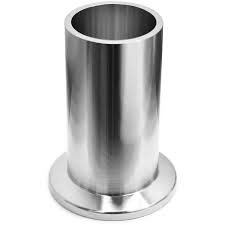
记忆方法
1. steep => stub => stubble.
中文词源
stub 烟蒂,存根,票根
来自古英语 stybb,树桩,树墩,来自 Proto-Germanic*stubjaz,树桩,树墩,来自 PIE*steu,推, 击,打,词源同 study,stupid,type.引申词义烟蒂,存根,票根等。
英语词源
- stub (n.)
- Old English stybb "stump of a tree," from Proto-Germanic *stubjaz (cognates: Middle Dutch stubbe, Old Norse stubbr), from PIE root *(s)teu- (1) "to push, stick, knock, beat" (see steep (adj.)). Extended 14c. to other short, thick, protruding things. Meaning "remaining part of something partially consumed" is from 1520s.
- stub (v.)
- mid-15c., "dig up stumps, dig up by the roots," from stub (n.). The sens of "strike (one's toe) against" something projecting from a surface is first recorded 1848. Meaning "to extinguish a cigarette" is from 1927. Related: Stubbed; stubbing.
权威例句
- 1. Signs across the entrances warn all visitors to stub out their cigarettes.
- 入口处的告示牌提醒游客们熄灭香烟。
- 2. He paused to stub out the butt of his cigar.
- 他停下来,踩灭了手中的烟头。
- 3. He pulled the stub of a pencil from behind his ear.
- 他从耳后拿出一小段铅笔头。
- 4. I can't write with this pencil stub.
- 我无法用这根铅笔头写字.
- 5. She would sit there drawing with the pencil stub.
- 她会坐在那儿用铅笔头画画。
